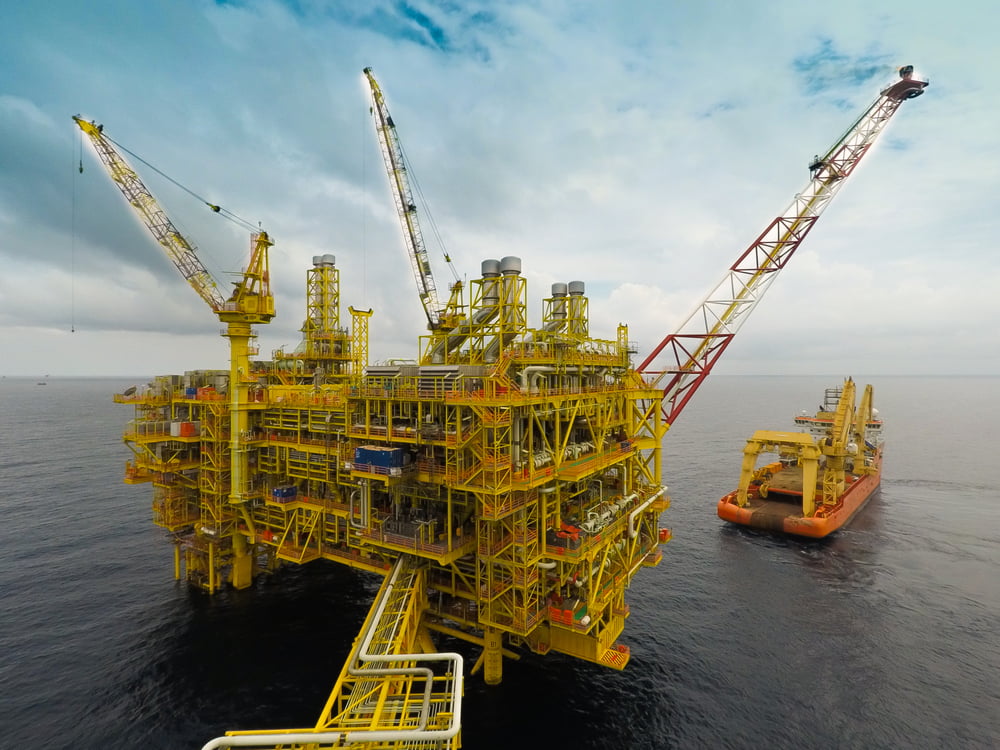Drones and other AI-driven technologies can make a big impact when it comes to security. These gadgets can be used to remotely monitor critical infrastructure including oil rigs and other heavy industrial facilities. NVIDIA has teamed up with Avitas Systems to explore these capabilities further. Combining artificial intelligence, drones, and analytics to enhance infrastructure inspection makes a lot of sense.
AI and Drones to Inspect Infrastructure
Very few inspectors look forward to performing checks on oil rigs or climbing up cell signal towers to see if everything is still operating as it should be. Inspection work can be incredibly dangerous, especially on these kinds of structures. Rather than putting human workers in danger, NVIDIA and Avitas Systems plan to do things very differently. Both companies will combine drones with AI and analytics to perform checkups in heavy industrial facilities.
NVIDIA has been making a lot of waves recently within the area of AI research and development. The company’s DGX-1 and DGX Station AI computers have been documented by the media multiple times over the past year or so. These devices will be equipped with Avitas’s inspection services. Artificial intelligence is NVIDIA’s “secondary” market, so to speak, and this new partnership further solidifies the company’s efforts in the industry.
Avitas has been working on its own AI software for about a year. The company’s bread and butter is optimizing robots or even drones to allow them to fly around industrial infrastructure and perform video surveillance. This video footage will be analyzed by the company’s AI to find defect flaws or other problems, removing the need for inspectors to risk their lives on the job. Significantly, this will not take away jobs from humans, as these tools are designed to enhance the capabilities of human inspectors.
As opposed to human operators, AI-driven tools make decisions based on the video material they see. A human inspector must equip team members with sensors, use helicopters when dealing with tall buildings or oil rigs, and even put people in harnesses to assess damages. All of these situations are extremely dangerous and can easily be avoided using drones, robots, and artificial intelligence. With the help of NVIDIA, the company hopes to make more progress in this industry over the coming months and years.
Human inspectors may not always be able to spot defects or lingering issues using their eyes alone. A drone, equipped with a video camera to broadcast material back to a computer running an AI solution, can export data in a very different manner. Using this technology to one’s advantage will make it easier to determine when equipment needs replacing. Such a tool could prove to be invaluable.
NVIDIA’s DGX-1 and DGX Station systems will be used to train and enhance Avitas’s AI solutions. There will be a strong focus on automated defect recognition. The end goal is to make it easier to recognize defects without requiring staggering amounts of computing power. NVIDIA will provide significant raw computing power to ensure these trials go according to plan. In the end, these drone and AI-driven solutions are expected to cut inspection costs by 25% or slightly less. It will be interesting to see whether all parties can deliver on this promise.

